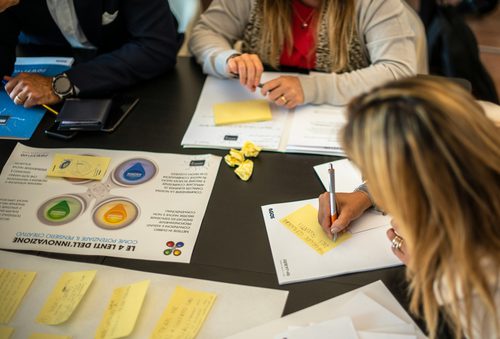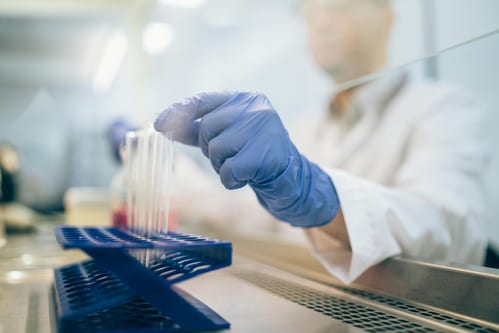Existing and emerging research shows that children and young people who would be defined as disabled under the Equality Act (2010) experience increased risk of being sexually and criminally exploited and/or trafficked within the UK. This group of children often have unmet needs associated with learning, communication, social interaction, mental health or trauma which increases their vulnerability.
Despite increased risk, often professionals only become aware that a child is being exploited when harm has already occurred. Tools and assessments to aid professionals to try and identify if a child is at risk exist. However, these are often not effective in preventing harm, and often do not identify if a child has additional needs and how this may impact on their daily lives, and consequently on risk, vulnerability and understanding of exploitation.
A collaboration between the University of Portsmouth and the National Working Group (NWG) Network will be researching how professionals in mainstream services can better recognise and respond to this increased vulnerability, and identify earlier if a child is at risk or is affected by exploitation.
Professionals such as youth workers and teachers can often use their relationships with children and young people to build trust and provide a safe space to talk about their lives. This research will explore with professionals what will support them to spot concerns earlier through open, ‘curious’ conversations with children and young people. Specifically, the aim of this research is to examine the effectiveness of current toolkits to identify vulnerability and risk earlier, and ask whether ‘curious conversations can influence the identification and prevention of exploitation and trafficking of disabled children and young people.
Following a review of existing literature and an examination of current toolkits, the team will undertake online consultation workshops with professionals who work with disabled children and young people to explore with them their awareness of modern slavery and challenges or supportive factors in talking with disabled children and young people about risks and any concerns they may have.
Through a series of participatory workshops with disabled young people (aged 16 -25 years), the research will explore their perspectives on existing toolkits, and how conversations with professionals can best support disabled young people to prevent harm. The young people will also design a template to support professionals to have positive, ‘curious conversations’.
Learning for practice and policy improvement will also be shared and utilised to influence change.
Research team: Professor Anita Franklin, Dr Jo Greenaway-Clarke, Dr Louise Bradley, Sarah Goff, University of Portsmouth, and the National Working Group (NWG) Network.
This research was funded by an open funding call on prevention of modern slavery. The Modern Slavery PEC is funded and actively supported by the Arts and Humanities Research Council.





